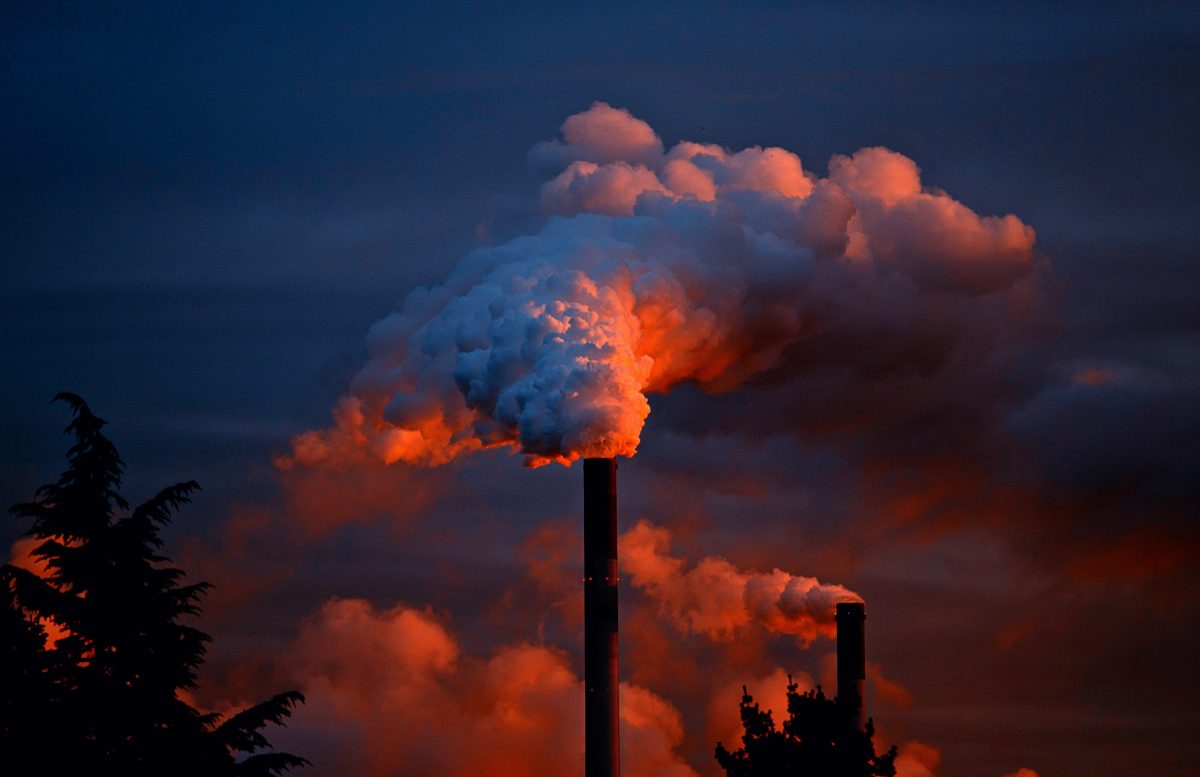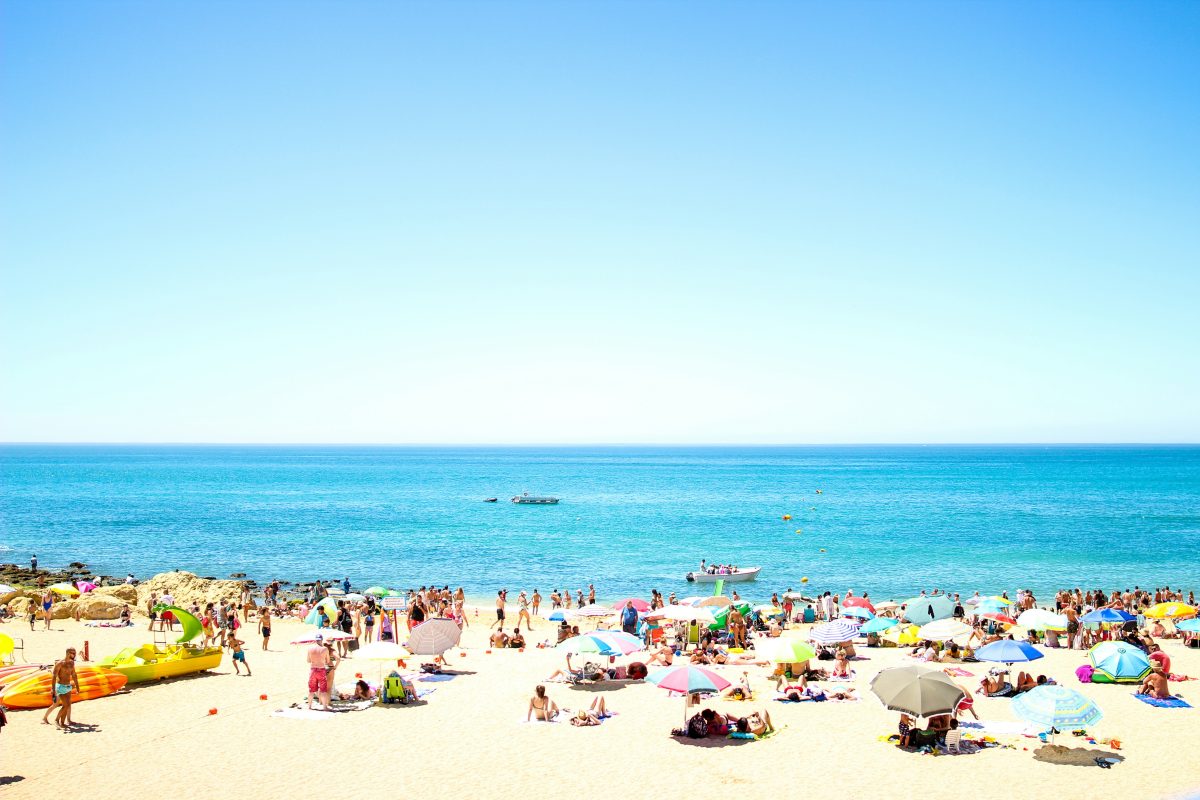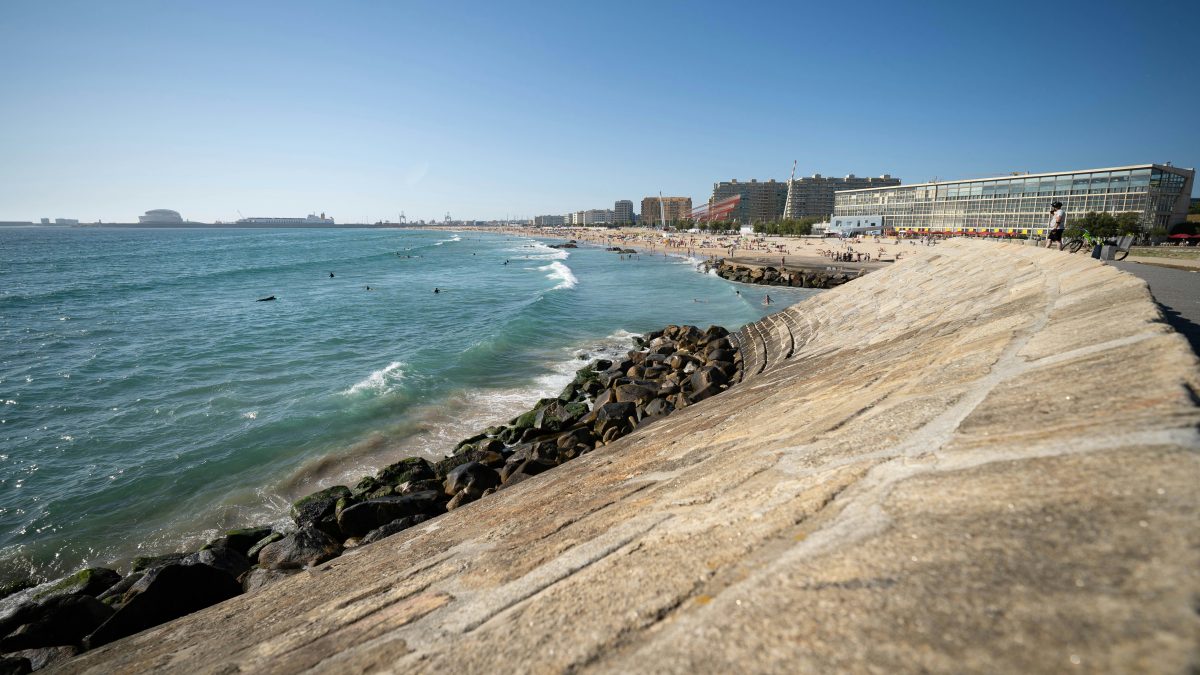By Begoña Pérez-Cabezas, ICBAS
PORTO - Climate change is a natural process. Our planet has been colder and warmer than it is today. However, human activities are inducing very rapid warming, mainly due to the emission of greenhouse gases that act like a blanket around the Earth, trapping heat and increasing temperatures. The main greenhouse gases are carbon dioxide and methane. In addition to the use of fossil fuels, agriculture and landfills are the main emitters. Deforestation also contributes to the increase in greenhouse gases.
Climate change intensifies extreme meteorological phenomena such as floods, droughts, forest fires and windstorms, contributing to humanitarian emergencies. It also increases direct heat-related illnesses and deaths, alters the transmission patterns of infectious diseases, influences the spread of vector-borne diseases (such as malaria and dengue fever) and jeopardises food and water security. In addition, the increase in demand for health services resulting from all this hampers the system's ability to respond.
Importantly, the impacts of climate change are strongly mediated by environmental and social determinants. Children, the elderly, people with pre-existing health problems, ethnic minorities, poor communities, migrants or displaced people are the most vulnerable. Worsening climate change could certainly hinder the global goal of reducing poverty. Nor should we forget that this warming affects not only humans, but also other living beings - animals and plants.
And because everything on Earth is connected, changes in one area can influence all the others. That's why we can all help reduce the impact of climate change through our decisions. Choosing greener transport, better energy options and sustainably sourced food will help reduce greenhouse gas emissions. The choices we make today can influence the world in the future.
Image credits: Pixabay




